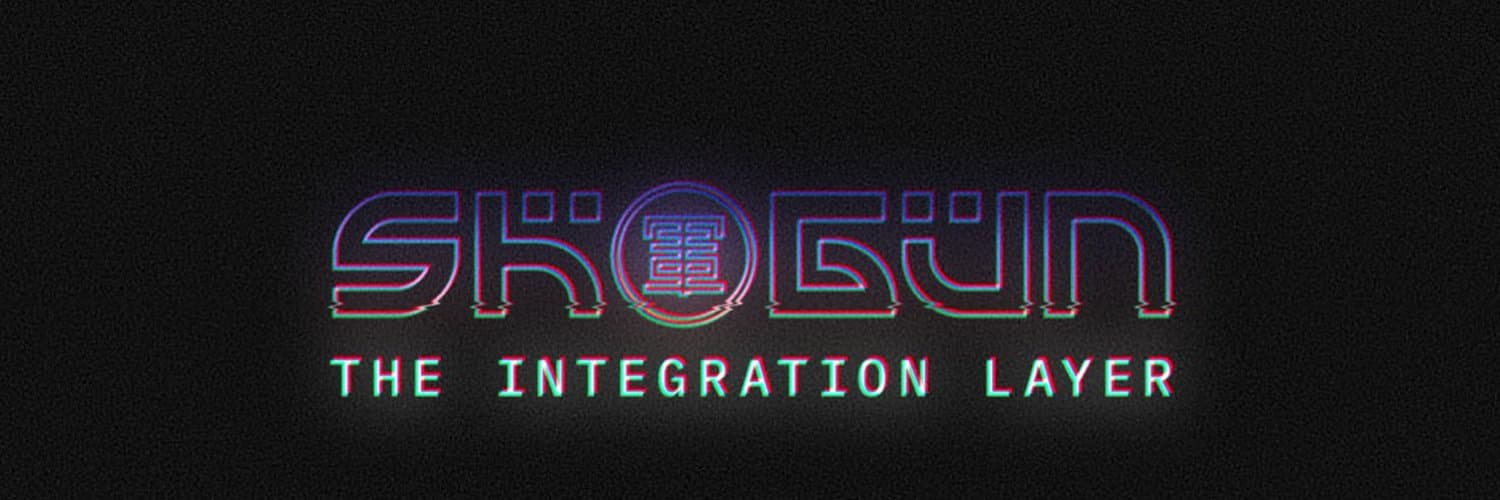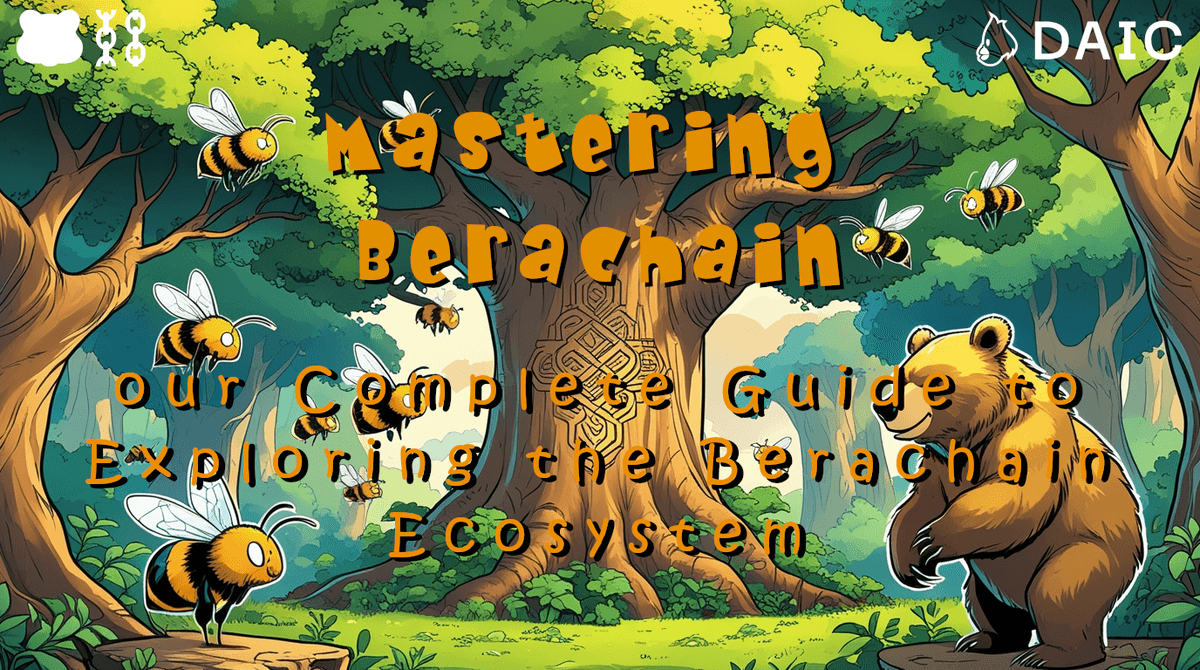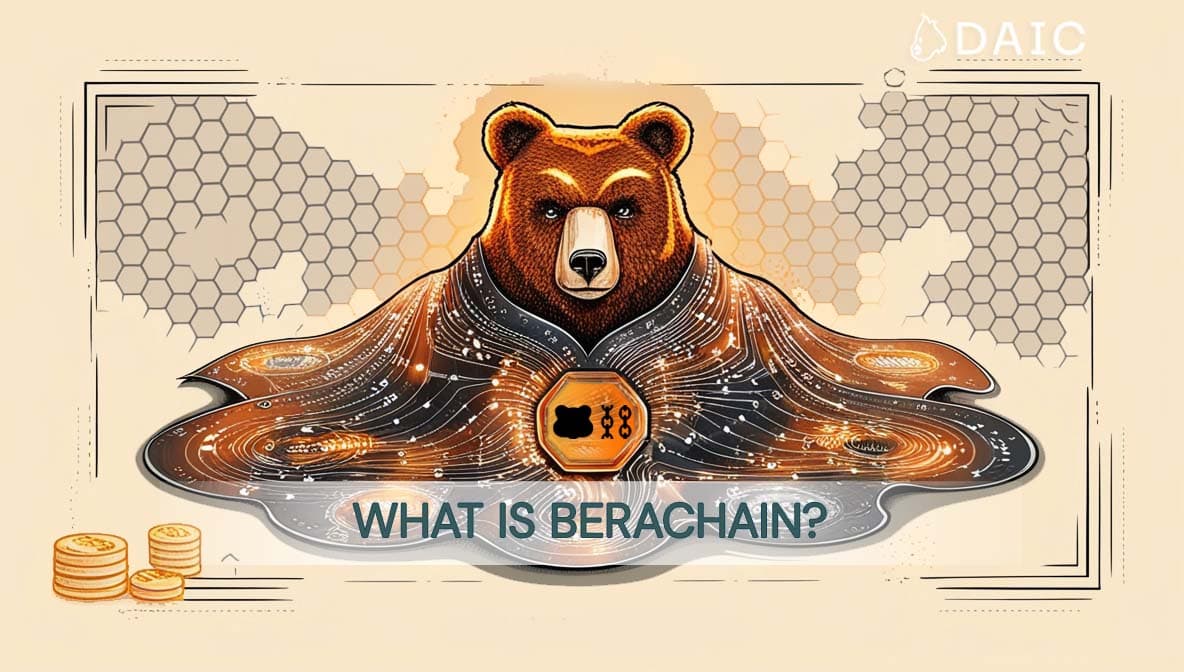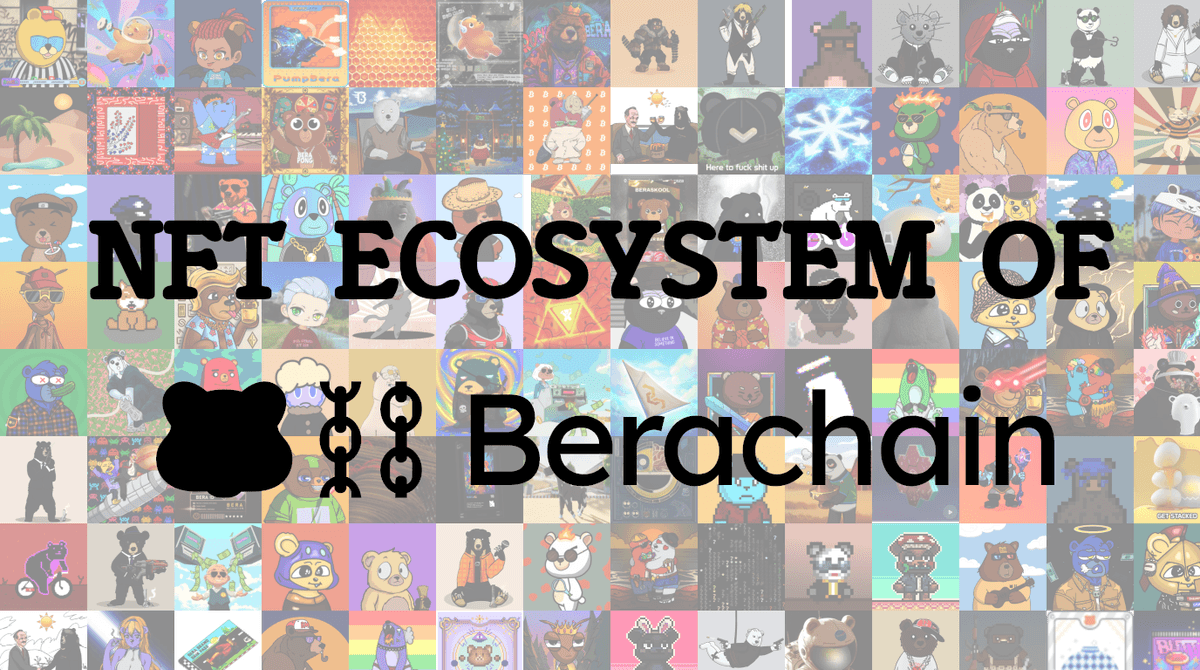Overview
Shogun is a groundbreaking integration layer developed by Intensity Labs, designed to unify disparate blockchains into a single, cohesive application framework. By abstracting the complexities of individual chains, Shogun simplifies on-chain interactions for both developers and users, enabling seamless cross-chain operations.
Key Features
- Intent-Centric Architecture: Users express their desired outcomes ("intents"), and Shogun's network of solvers executes these intents across various chains, optimizing for efficiency and cost.
- Smart Order Routing: Aggregates liquidity from multiple sources, including decentralized exchanges (DEXs), Coincidence of Wants (CoW) matching, Just-In-Time (JIT) liquidity provider vaults, and off-chain solvers, ensuring optimal pricing and minimal slippage.
- Decentralized Interchain Market Maker (DIMM): Automates liquidity management across chains, eliminating the need for manual bridging and offering a superior user experience for traders and liquidity providers.
- Comprehensive Integrations: Supports a wide array of chains (e.g., Ethereum, Solana, Arbitrum, Berachain), bridges (e.g., deBridge, Stargate, LayerZero), and liquidity venues (e.g., Uniswap, Curve, Kodiak, Ooga Booga), facilitating extensive cross-chain functionality.
- Developer-Friendly SDK: Provides a lightweight and configurable SDK, enabling developers to integrate Shogun's capabilities into dApps, mobile apps, Telegram bots, and websites with ease.
Why Choose Shogun?
- Seamless Cross-Chain Execution: Shogun's intent-centric architecture allows users to execute complex multi-chain transactions without the hassle of switching networks, holding multiple gas tokens, or managing bridges. Users simply express their intent, and Shogun handles the execution across integrated chains like Ethereum, Solana, Arbitrum, and Berachain.
- Unified Liquidity Access: Through Smart Order Routing, Shogun aggregates liquidity from top decentralized exchanges (DEXs), Coincidence of Wants (CoW) pools, Just-In-Time (JIT) liquidity providers, and off-chain solvers. This ensures optimal pricing and minimal slippage for every transaction.
FAQs
What is Shogun?
Shogun is an integration layer that consolidates multiple blockchains into a unified application framework, simplifying cross-chain interactions for developers and users.
How does Shogun simplify cross-chain DeFi?
By abstracting the complexities of individual blockchains, Shogun allows users to perform cross-chain operations without dealing with different wallets, gas tokens, or bridges. Users simply express their intent, and Shogun handles the execution across chains.
What is the role of solvers in Shogun's architecture?
Solvers are specialized agents within the Shogun network that execute user intents by finding optimal execution paths across various chains and liquidity sources. Validators then verify the proper execution of these intents.
Which chains and liquidity venues does Shogun support?
Shogun integrates with numerous chains, including Ethereum, Solana, Arbitrum, Berachain, and more. It also supports various bridges like deBridge and LayerZero, and liquidity venues such as Uniswap, Curve, Kodiak, and Ooga Booga.
How can developers integrate Shogun into their applications?
Developers can utilize Shogun's SDK to incorporate its cross-chain functionalities into their applications, enabling features like interchain swaps and multi-chain asset support with minimal configuration.



